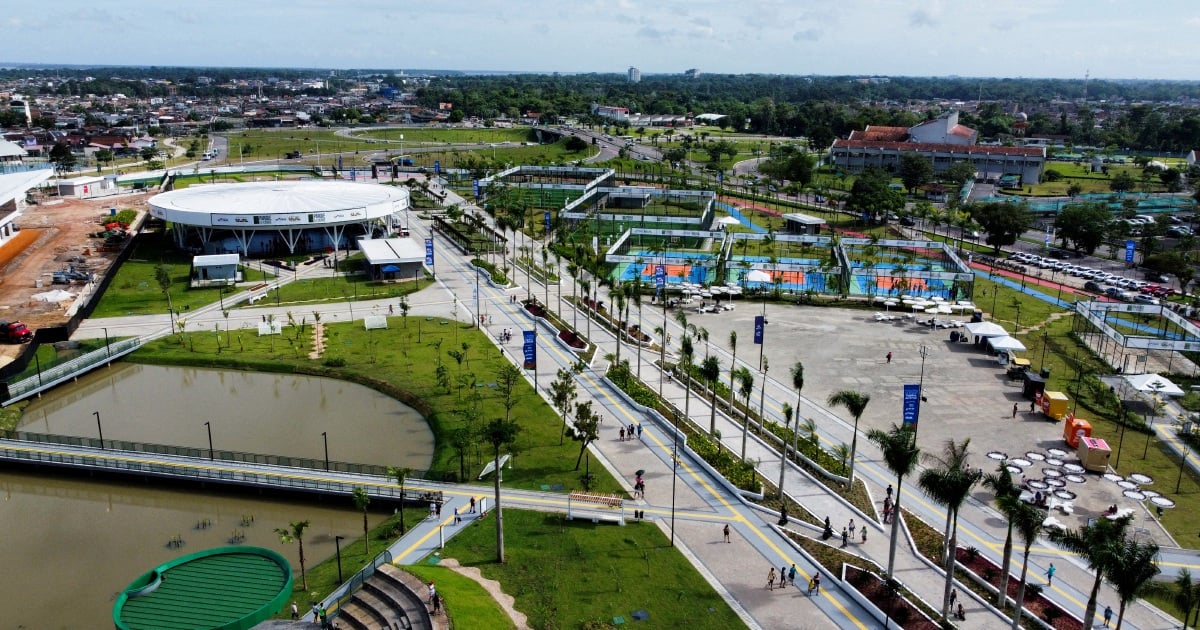BRAZIL has a noble reason to host COP30, the United Nations annual climate summit, aka Conference of the Parties: to showcase to the international community that multilateral action is the only way to keep the planet liveable.
Earlier in July, when hosting the 17th BRICS summit, Brazil’s President Luiz Inacio Lula da Silva put forward his formula: multilateralism, not the law of the strongest, is the only equitable way to solve global problems.
He is right at many levels, but let’s take climate change. It recognises no boundaries. What gets burned in one country doesn’t just stay there; it heats up the rest of the world.
The action of a few nations won’t work; it must be the collective effort of all. That means multilateralism must trump the law of the strongest.
But by hosting COP30, Brazil has taken on three humongous challenges, all the result of failures caused by preceding COPs.
First is the failed promise to triple the capacity of renewable energy, a pledge made at COP28 in Dubai.
Second is climate finance, which COP29 in Baku, Azerbaijan failed to do much about.
Finally, arguably the toughest challenge for Brazil, is to ensure that the 196 countries expected to attend COP30 in the Amazon forest city of Belem put a brake on new investments in fossil fuels so that net zero can be achieved in 2050.
Start with the renewable energy pledge made at COP28. Last year, the International Energy Agency (IEA), made media headlines when it warned that its analysis of close to 150 nations’ climate action plans led it to conclude that the pledge to triple renewable energy capacity by 2030 will not be met.
Meeting the Dubai promise means the world must hit 11,000 gigawatts (GW) by 2030, but IEA’s best-case scenario is 8,000GW.
The gap may be bridgeable, but worse things have happened since the report was issued, which may widen the gap further.
It may not be a bridge too far for Brazil, but to marshal some recalcitrant states would not be easy.
Climate finance is equally a mammoth task. It has been an unfulfilled promise for the longest time.
According to the 2025 Climate and Catastrophe Insight Report, published by Aon, an insurance company, the world lost US$368 billion to natural disasters last year. The amount is at best an underestimate.
Baku, the host of COP29, will be remembered for the wrong thing on climate finance, though it badged itself as a climate finance summit.
Instead, it will be remembered for walkouts and protests on climate finance, though a paltry US$300 billion every year for developing countries was eventually agreed.
Belem’s challenge is to beat Baku to reach US$1.3 trillion that many analysts say is needed.
Finally, a giant of a challenge for Brazil: to get the world to do everything needed now to get to net zero by 2050.
A tough one for Belem, given that governments around the world are spending trillions of dollars subsidising the fossil fuel industry.
What is worse, some countries are putting aside their pledge not to approve any new investments in fossil fuels.
This is not the way to slow climate change.
© New Straits Times Press (M) Bhd






